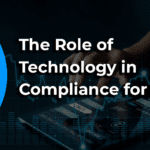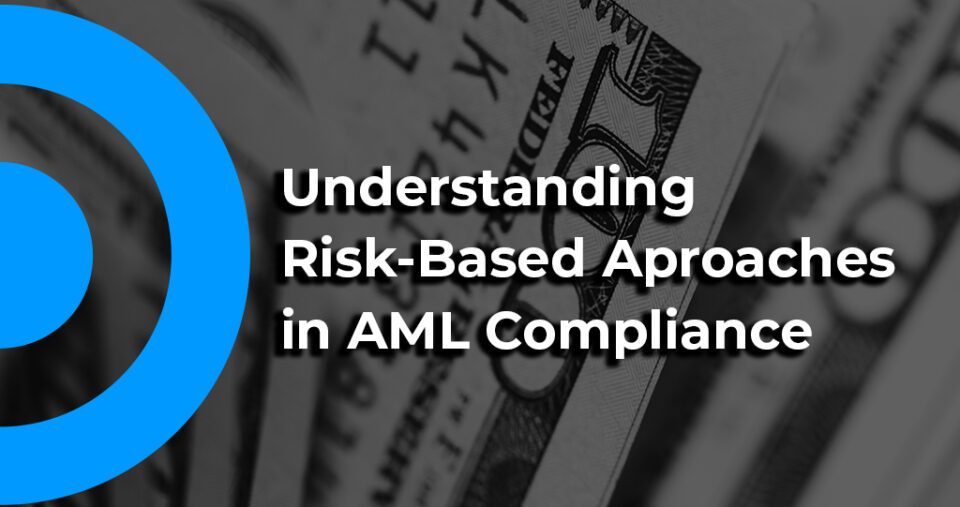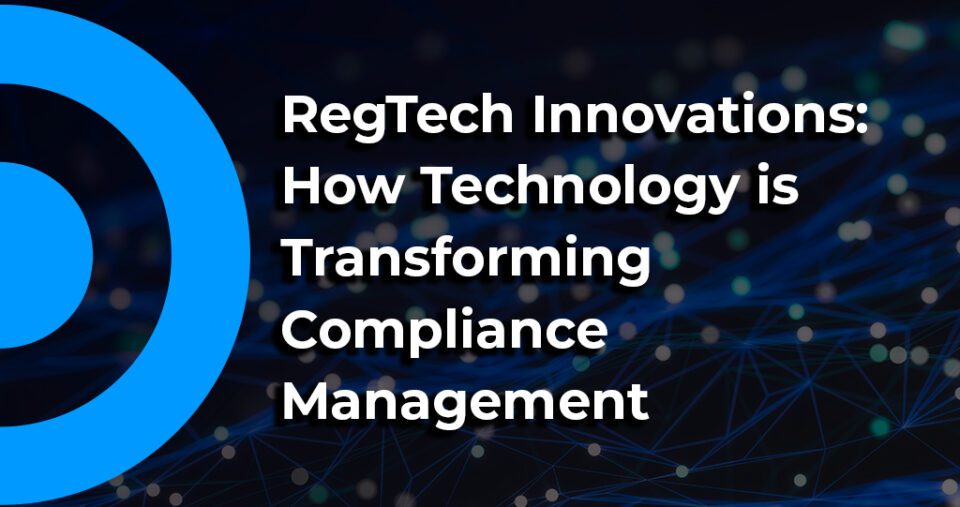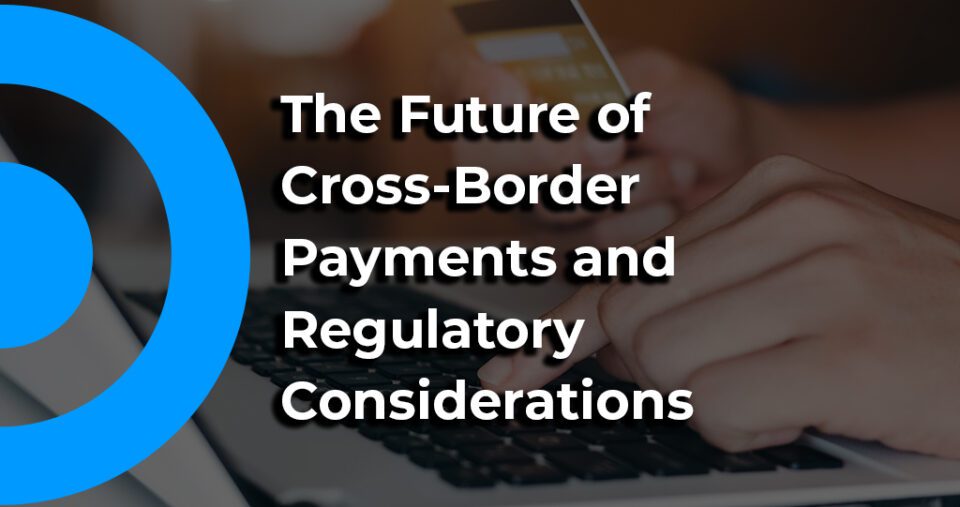
The Role of Technology in Compliance for 2025
December 27, 2024
Top Questions PSPs Should Ask Regulators
January 1, 2025As businesses and regulators adapt to an ever-evolving financial landscape, staying ahead of Compliance Trends for 2025 is critical for organizations aiming to remain competitive and secure. In 2025, compliance professionals must prepare for a wave of changes driven by advancements in technology, regulatory reforms, and shifting geopolitical dynamics. Here are the top compliance trends to watch this year:
1. AI and Machine Learning in Compliance
Artificial intelligence (AI) and machine learning (ML) continue to transform the compliance landscape. These technologies are enabling organizations to:
- Automate compliance processes such as transaction monitoring and reporting.
- Identify and mitigate risks more efficiently using predictive analytics.
- Enhance due diligence by analyzing vast amounts of data in real-time.
In 2025, regulators are expected to scrutinize the use of AI in compliance, making transparency and accountability in AI systems a priority for businesses.
KMPG (https://kpmg.com/us/en/articles/2024/ten-key-regulatory-challenges-of-2025.html)
2. Increased Focus on ESG Reporting
Environmental, Social, and Governance (ESG) compliance is no longer optional. With growing global pressure to address climate change and promote sustainable practices, companies are:
- Investing in technologies to track and report ESG metrics.
- Aligning operations with international sustainability standards.
- Preparing for mandatory disclosures related to carbon footprints and social impact.
Governments and investors are prioritizing ESG performance, making it a vital compliance area for businesses.
3. Evolving Data Privacy Regulations
Data privacy continues to dominate compliance agendas worldwide. Key developments include:
- Expansion of data protection laws similar to GDPR in new jurisdictions.
- Stricter enforcement of existing regulations, with hefty fines for non-compliance.
- Increased consumer awareness and demand for data transparency.
Organizations must enhance their data governance frameworks and adopt privacy-by-design principles to remain compliant.
4. Global Regulatory Harmonization
Cross-border transactions and international business operations are driving the need for regulatory alignment. In 2025, expect:
- Efforts to harmonize anti-money laundering (AML) and counter-terrorism financing (CTF) regulations.
- Greater cooperation between regulatory bodies across regions.
- Businesses adapting to unified compliance frameworks to streamline international operations.
Read more: 95% of PSPs Report Banking Partners Closing or Restricting Their Bank Accounts, Neo Reveals
5. Rise of Digital Currencies and Blockchain Compliance
The growing adoption of digital currencies and blockchain technology presents unique compliance challenges. Key trends include:
- Regulatory frameworks for central bank digital currencies (CBDCs) and stablecoins.
- Enhanced monitoring of cryptocurrency transactions to prevent illicit activities.
- Integration of blockchain solutions to improve transparency and traceability in compliance processes.
6. Cybersecurity as a Compliance Priority
With cyber threats becoming more sophisticated, regulators are emphasizing the importance of robust cybersecurity measures. Compliance Trends for 2025 in this area include:
- Mandatory adoption of advanced security protocols and risk assessments.
- Regular reporting on cybersecurity incidents and preparedness.
- Implementation of zero-trust architectures to safeguard sensitive data.
7. Human-Centric Compliance Training
As regulations grow more complex, the need for effective compliance training is more critical than ever. In 2025, organizations are shifting toward:
- Interactive and personalized training programs to enhance employee engagement.
- Gamified compliance education to simplify complex concepts.
- Continuous learning models that adapt to evolving regulatory requirements.
8. Geopolitical Impacts on Compliance
Geopolitical shifts, including sanctions, trade restrictions, and new economic alliances, will continue to impact compliance strategies. Businesses must:
- Monitor geopolitical developments to assess compliance risks.
- Adjust their operations to comply with new trade and economic policies.
- Collaborate with legal experts to navigate complex regulatory environments.
Preparing for the Future
The compliance landscape in 2025 is marked by rapid change and innovation. Businesses must adopt a proactive approach to:
- Leverage advanced technologies for improved compliance efficiency.
- Foster a culture of compliance within their organizations.
- Stay informed about regulatory updates to mitigate risks effectively.
At Paycompliance, we’re committed to helping businesses navigate these changes with confidence. Our expertise in licensing, regulatory compliance, and corporate solutions ensures that your organization stays ahead of the curve. Reach out to us today to learn how we can support your compliance journey.



